FM-UE Laser Marking Machine
The FM-UE laser marking machine features an enclosed design and UV laser for precise, high-contrast marking on plastics, glass, ceramics, and coatings, ensuring safe and efficient operation.
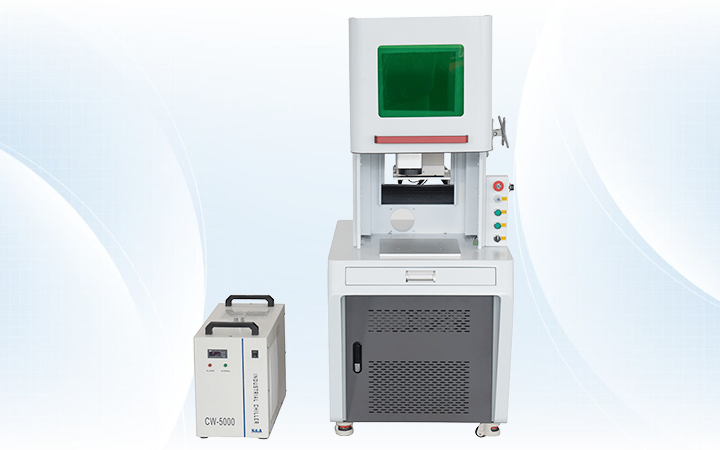
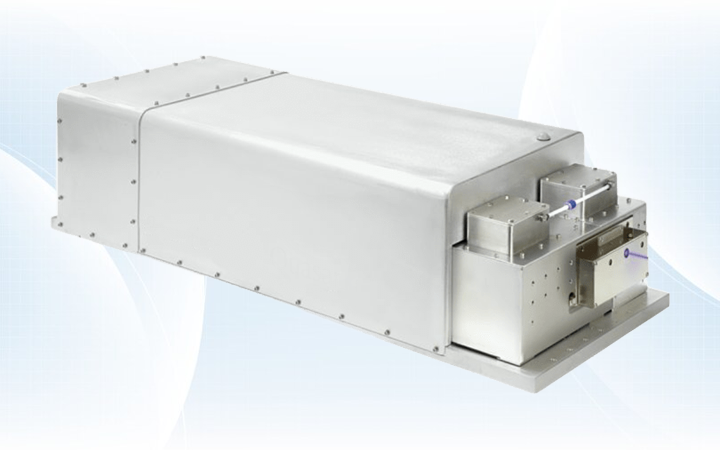
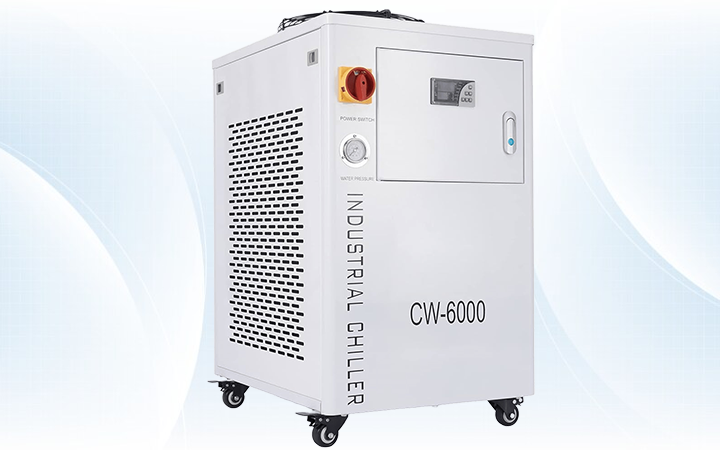
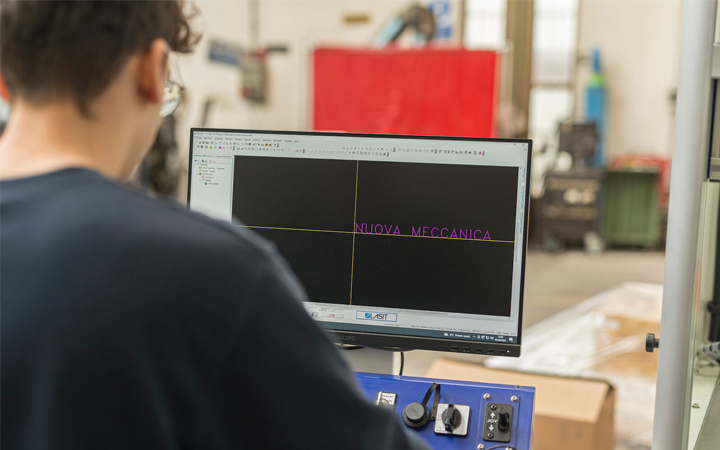
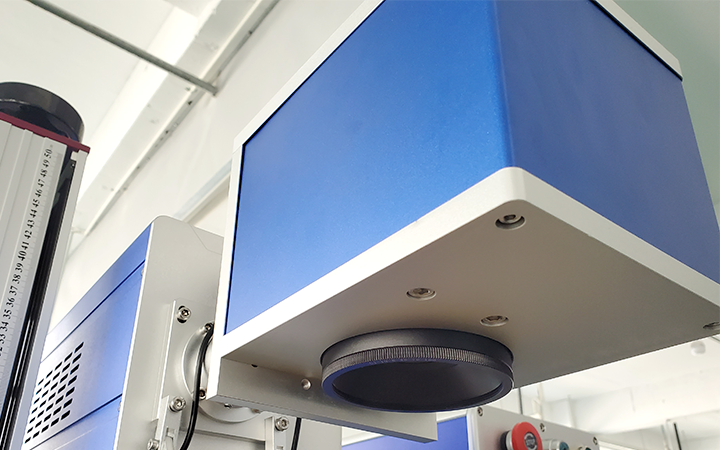
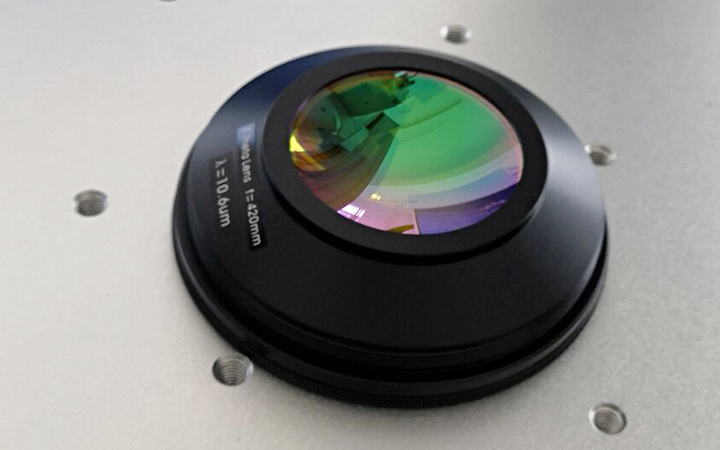
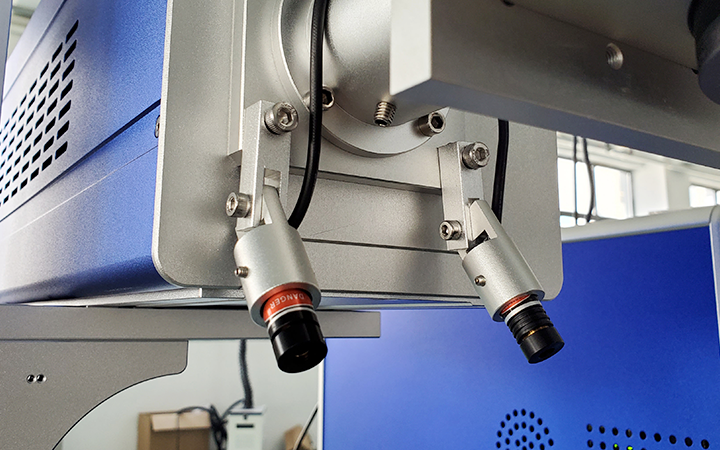
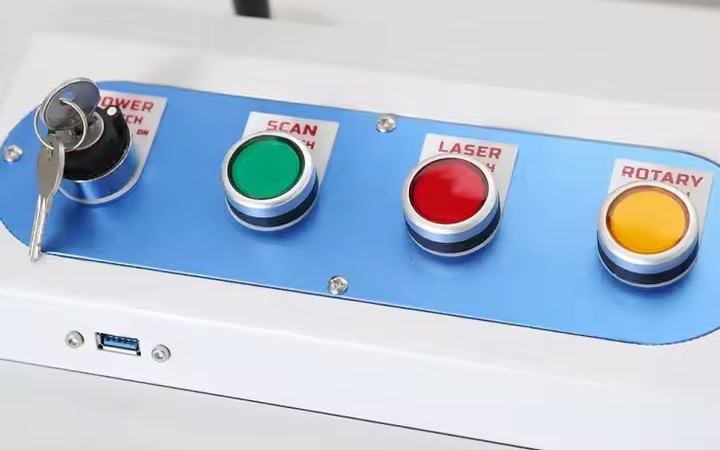
Uses a short-wavelength beam to create highly detailed, crisp marks—ideal for micro-marking on sensitive materials.
Generates minimal heat, preventing damage, warping, or burning on delicate surfaces such as plastics, glass, ceramics, and thin films.
Achieves strong contrast and readability even on transparent or soft materials without causing surface degradation.
Marks a broad range of substrates, including glass, sapphire, polymer films, and coated metals with superior clarity and precision.
Chemical-free, low-power consumption process reduces environmental impact while maintaining high-quality results.
Delivers consistent performance with pinpoint accuracy, ideal for industries requiring exact traceability.
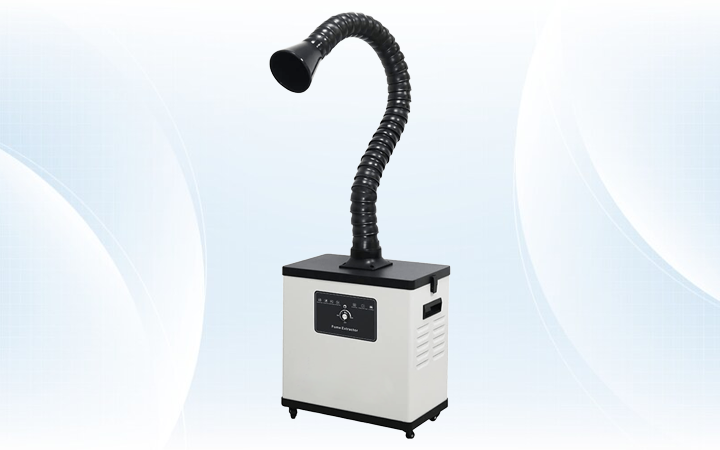
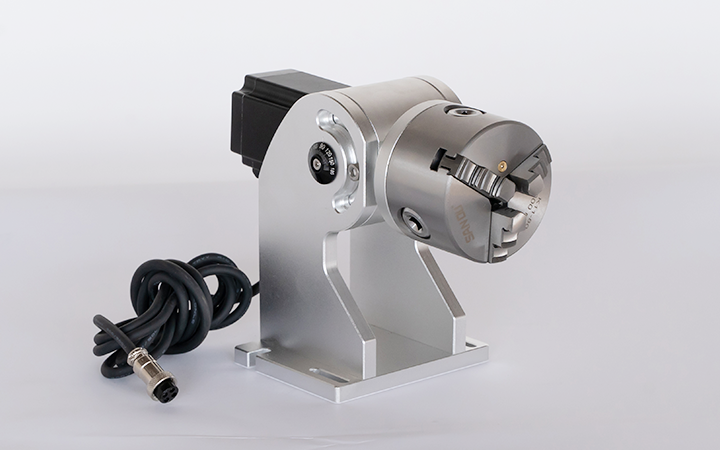
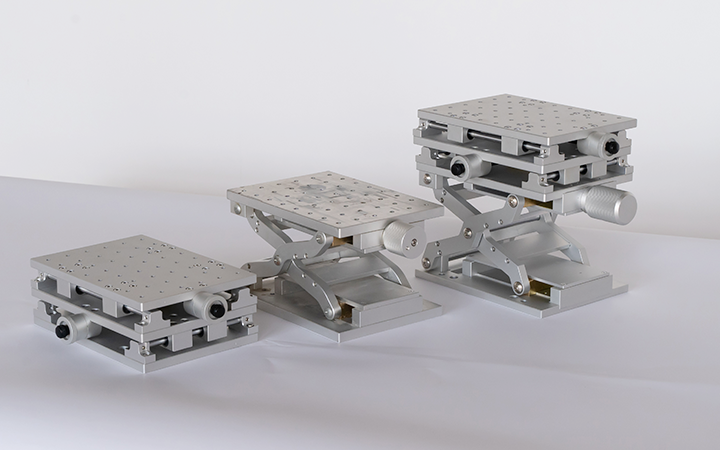
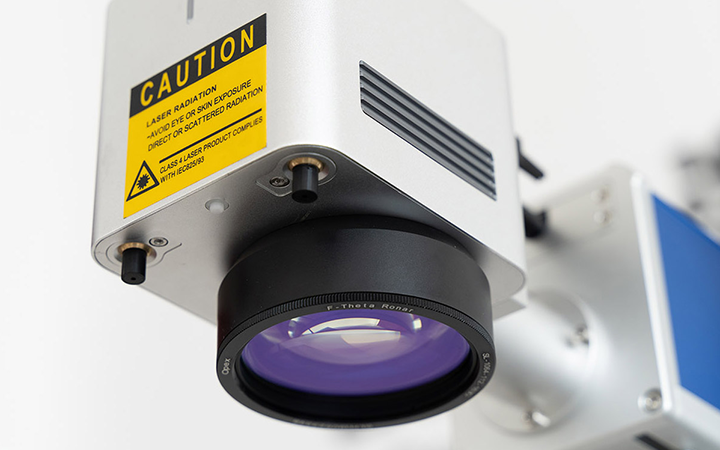
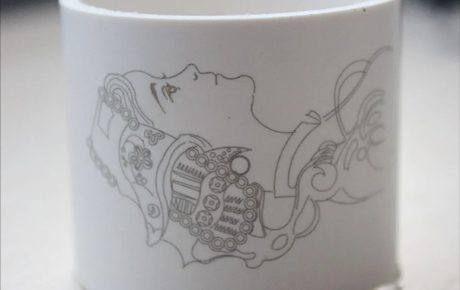
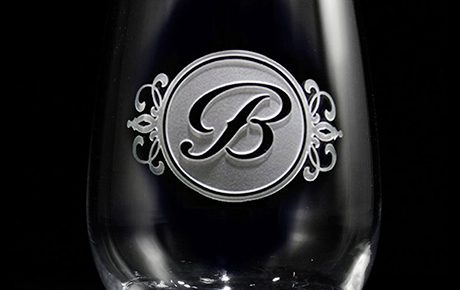
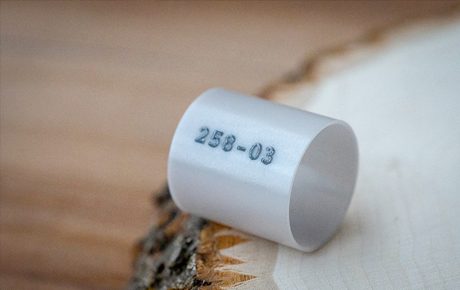
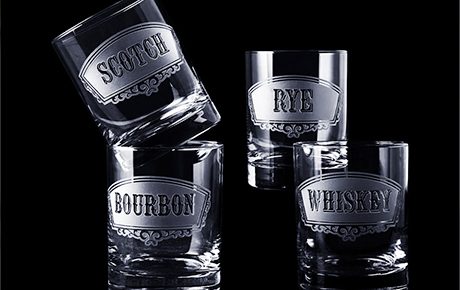

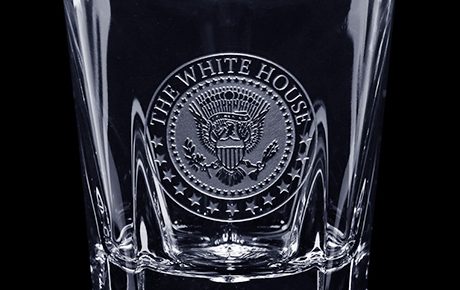
Yes, laser marking is safe when proper safety precautions are followed. Unlike laser cutting or welding, laser marking operates at lower power levels and does not produce high heat, sparks, or molten material. However, laser radiation, fumes, and reflections still pose potential risks, making protective measures essential. Potential security risks and their mitigation methods are as follows:
Laser marking is safe when operated with proper enclosures, protective eyewear, fume extraction, and workplace safety measures. Most modern fiber, CO2, MOPA, and UV laser marking machines are designed with built-in safety features, making them suitable for industrial and commercial use with minimal risk.
Laser marks are highly permanent and offer superior durability compared to traditional marking methods like ink printing, engraving, or etching. The permanence of a laser mark depends on material type, marking method, and environmental exposure, but in most cases, laser markings remain intact for a lifetime. The factors that affect the durability of laser marking are as follows:
Laser marks are one of the most permanent marking solutions, lasting years to a lifetime depending on material and usage conditions. Deep engraving, annealing, and high-contrast marking methods ensure resistance to wear, heat, chemicals, and UV exposure, making laser marking ideal for industrial, medical, aerospace, and consumer applications.
Laser marking machines support a variety of vector and raster file formats to ensure compatibility with different design software. The most commonly supported file formats include:
Laser marking machines are compatible with vector files (DXF, AI, PLT, SVG, PDF), raster images (BMP, JPG, PNG, TIFF), and CAD formats (DWG, G-Code). Vector files are recommended for precision engraving, while raster files are ideal for photographic or grayscale engraving. Always check the machine’s software for specific format support.
We offer a comprehensive warranty policy to ensure reliable performance and long-term support for our laser marking machines. Below is a detailed breakdown of our warranty coverage, including the warranty period, terms and conditions for different components, and how customers can apply for warranty service.
Our laser marking machine has a 3-year warranty on the entire machine, a 2-year warranty on the laser generator, and a 1-year warranty on core components. This structured warranty ensures that customers receive high-quality support and service. To maintain the performance of the machine and extend its life, we recommend regular maintenance and correct operation. If any problems arise, our technical support team can assist with troubleshooting and warranty claims.
Our laser marking machines meet international quality, safety, and regulatory standards, ensuring reliability, compliance, and customer confidence. Below is a detailed overview of the key certifications our machines hold and their significance.
Our laser marking machines are certified to meet international quality and safety standards, including ISO 9001, CE, and FDA certifications. These certifications ensure that our machines are manufactured with strict quality control, meet European safety regulations, and comply with U.S. laser safety requirements. Customers can be assured of high performance, reliability, and legal compliance when purchasing and operating our machines.
On-site technical support is available for laser marking machines, providing customers with hands-on assistance for installation, troubleshooting, training, and maintenance. However, this service comes at an additional cost. The standard service fee is US$200 per day, and customers are also responsible for covering the engineer’s round-trip airfare, board, lodging, and local transportation if required. This ensures that customers receive expert guidance directly at their facility to maximize machine performance and minimize downtime. The process for requesting on-site support involves contacting customer service, providing details of the issue, receiving a cost estimate, and scheduling an engineer visit. While on-site service is a valuable option, customers can also choose remote support, which includes troubleshooting via phone, email, or video calls, as well as access to online training materials and documentation at no additional cost. If in-person assistance is necessary, we are ready to arrange a visit to ensure the machine operates efficiently and reliably.
Our machines deliver ultra-fine marking and engraving with high-speed galvanometer systems and stable laser sources for consistent, reliable output.
We offer different laser types to match your needs, ensuring crisp, permanent marks on metal, plastic, wood, leather, and more.
Intuitive control software allows easy setup, flexible design import, and precise marking even for first-time users.
We provide machine options tailored to your product size, line speed, and marking content for seamless integration.
Our systems run cleanly with no inks or chemicals, lowering long-term operating costs and environmental impact.
Faster Laser offers professional training, remote troubleshooting, and responsive service to keep your production running smoothly.
8 reviews for FM-UE Laser Marking Machine
Harris –
We produce optical filters and needed serials on delicate coated glass. The UV machine marks without disturbing the coating layers. Motorized stage positions each pane from a stack, cutting operator involvement. Yield improved, and the finance team noted lower scrap costs after one month.
Jordan –
Our food packaging requires date codes on HDPE lids. Ink used to smear, but UV engraving is permanent and food-safe. The compact laser attaches to the filling line frame. I/O signals synchronize firing with lid positions, and cycle time kept pace without issue. Maintenance so far is just filter replacements.
Maren –
Running an electronics repair shop, I brand tempered glass screen protectors. The UV laser marks near edges without causing cracks. Customers appreciate subtle logos visible only at certain angles. The machine boot time is under a minute, so I can power it only when needed and save energy.
Lucas –
Our laboratory engraves quartz crucibles. The beam produces fine characters that resist acids at high temperatures. Chiller maintains steady 19 °C despite tropical climate. Remote firmware patch added dark mode to the UI, a small but welcome touch for night shifts. Overall, uptime has been flawless.
Ingrid –
My watch dial studio needed microscopic indices on mother-of-pearl. The cold beam prevents fractures, giving flawless results. Autofocus probe gently touches the surface and retracts automatically, avoiding scratches. Software layering lets me experiment with shading to create sunburst patterns, expanding my design offerings.
Gemma –
I run an arts workshop in a library. Kids engrave glass bookmarks safely because the laser remains enclosed and uses low heat. The touchscreen shows cute animations while jobs run, keeping them engaged. Cleanup involves only a quick wipe of the viewing window, making turnover between sessions quick.
Kara –
I restore vintage cameras and engrave new serials on Bakelite parts. The UV system yields clear markings without burning the plastic. Job templates store ideal speed and power, so switching between materials is easy. The included foot pedal triggers single shots, useful when handling awkward shapes.
Nolan –
We manufacture insulin pump cartridges, requiring lot codes on clear polycarbonate. The UV marker delivers high contrast while avoiding internal stress. Qualification tests showed zero microcracks under pressure. The clean exhaust keeps particulate counts low. Compliance auditors complimented the detailed process logs exported directly from the control software.